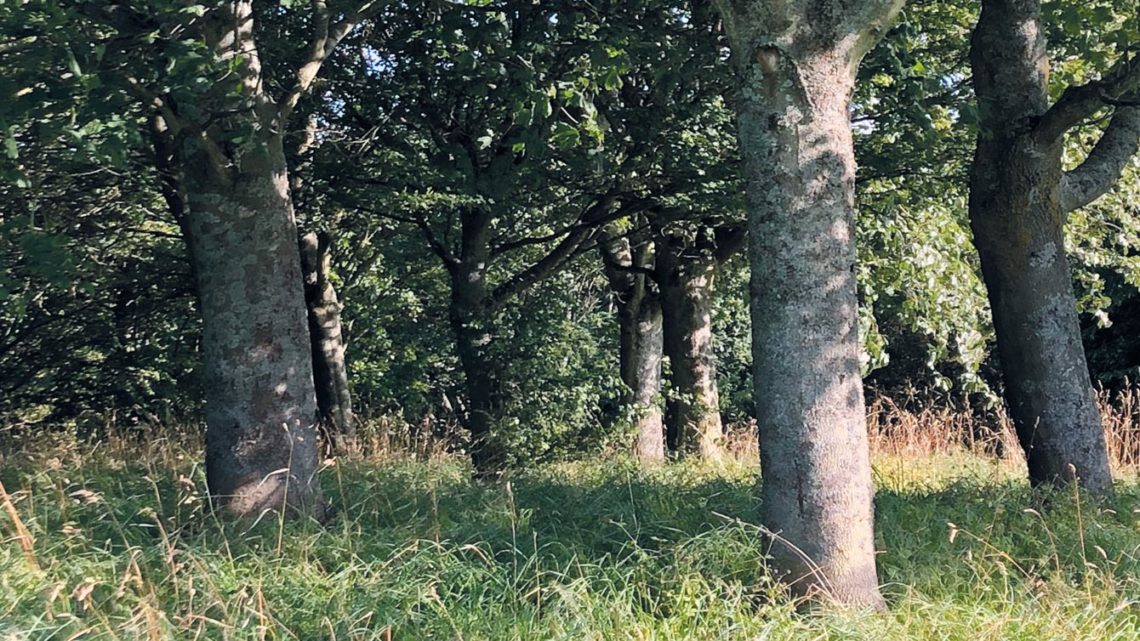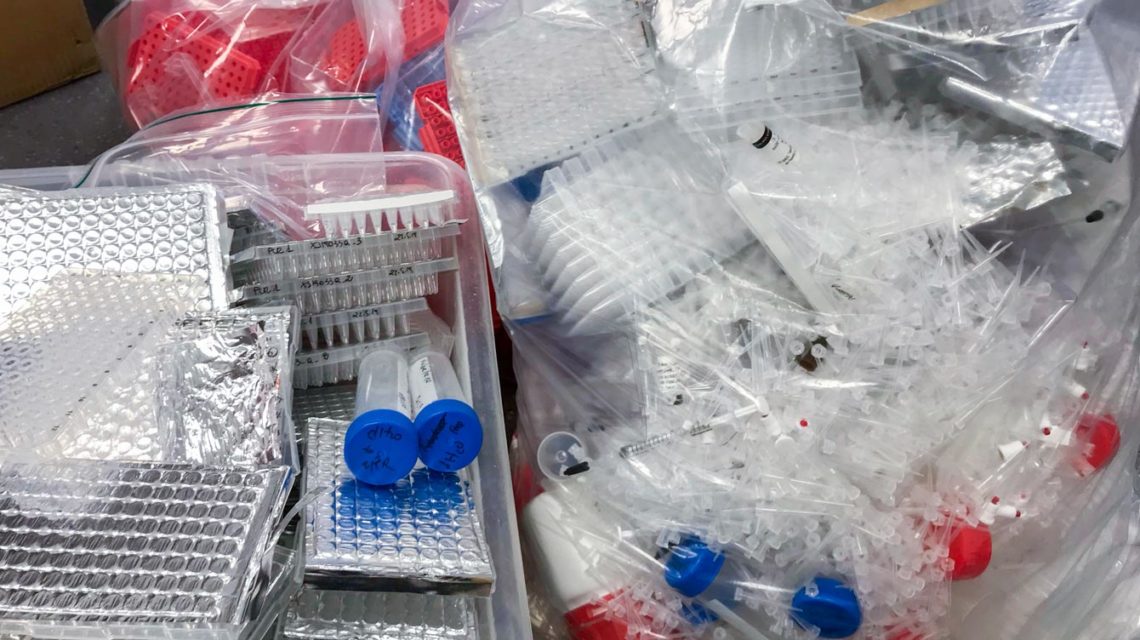Since 2019 with the help of the specialist company, Safetykleen, we have identified some lab plasticware (including nitrile gloves) which can now be “waste to energy recycled”. In the near future, we are hopeful to have a solution for all of our remaining plastics.


